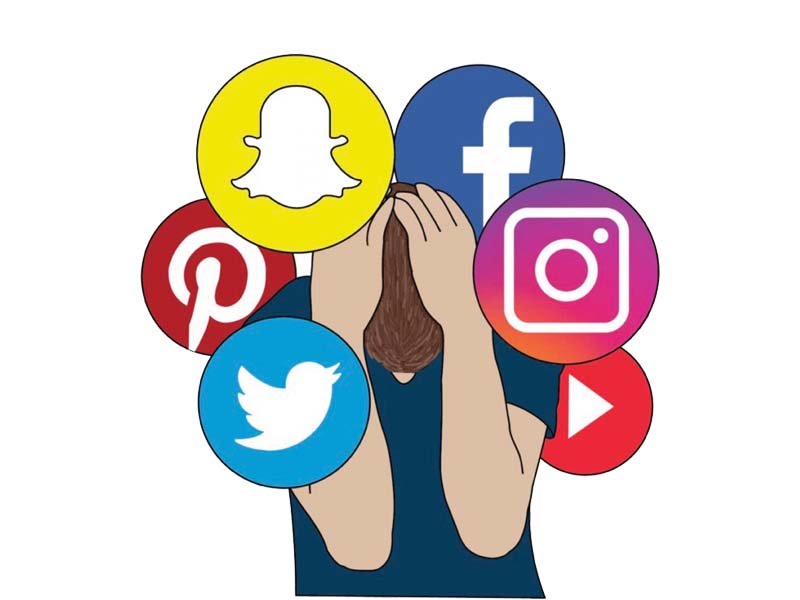Social Media/ Texting/ Sexting Introduction

If the generations born from 2000 and on had to be defined with one concept, it would be the concept of social media. These generations are embodied and consumed by technology. This is why these generations have doubled the numbers for suicide rates, psychiatric diagnoses, and many other negative factors. However, in regards to schooling, technology can be helpful by allowing for more flexible practices and interaction, but it comes with a price: student mental health. As a society, as educators, as parents, as whatever role we play, we have to ask to what price or extent are we willing to let social media control us. There is no amount of money, or valuables that should be worth more than one's mental health.
The documentary, Plugged-In: The Toxicity of Social Media Revealed, emphasizes the hidden toxicity of social media and the platforms it has created and promoted, and how harmful it is. Society has been on a gradual decline surrounded by the darkness exuded from social media. In the documentary, there were multiple interviews, but one man expressed the hidden toxicity behind social media and how it was created to stir controversy and these negative feelings people are consumed with. He says social media is malicious, malevolent, and even criminal and caters to human pathology in its most extreme forms (Willett, 2019.) which include our addiction to validation. This is because "Social media invites comparison," Twenge says. "It's not in real time. It invites anxiety over the likes and responses that you're going to get" (Kamenetz, 2019.) Social media is not as friendly and positive as we might think it is. In relation to schools, this directly has to have a similar affiliation because the people being affected are the youth, and the youth are students. Social media allows students to take what happens outside the classroom into the classroom, and what happens inside of the classroom, outside of the classroom. Students can interact at all times, which leads to the continuation of bullying, flirtation, and flirtation can later turn to sexting. What is sexting? "Sexting is the act of sending pictures of a sexual nature between cell phones, or other electronic media such as the Internet. It is often done between minors" (AASA.) Sexting has become increasingly popular and schools need to able to combat that; "School districts should consider a variety of actions around raising awareness of and increasing education about sexting. Districts may partner with other community organizations or public offices to provide staff trainings on bullying, cyberbullying and computer/internet safety, including sexting and safety on social networking sites" (AASA.) There are so many overwhelming factors that tie into social media and its negative effects on mental health. This is why as educators we need to take advantage of the time we get with our students, and capitalize on that. We are presented with countless opportunities to influence and discipline them, and we should not just leave things as is.
Sexting. (n.d.). The School Superintendents Association (AASA). Link
Klein, A. (2019, September 6). Schools say no to cell phones. But is it a smart move? Education Week. Link
Kamenetz, A. (2019, August 27). NPR's The Scientific Debate over Teens, Screens, and Mental Health. National Public Radio. Link
Willett, R. (Director). (2019). Plugged-In: The Toxicity of Social Media Revealed. [YouTube Video]. Brick in the Wall Media.
How important is technology in Education? benefits, challenges, and impact on students. How Important Is Technology in Education? | American University. (n.d.). Retrieved November 18, 2021, from https://soeonline.american.edu/blog/technology-in-education.
Comments
Post a Comment